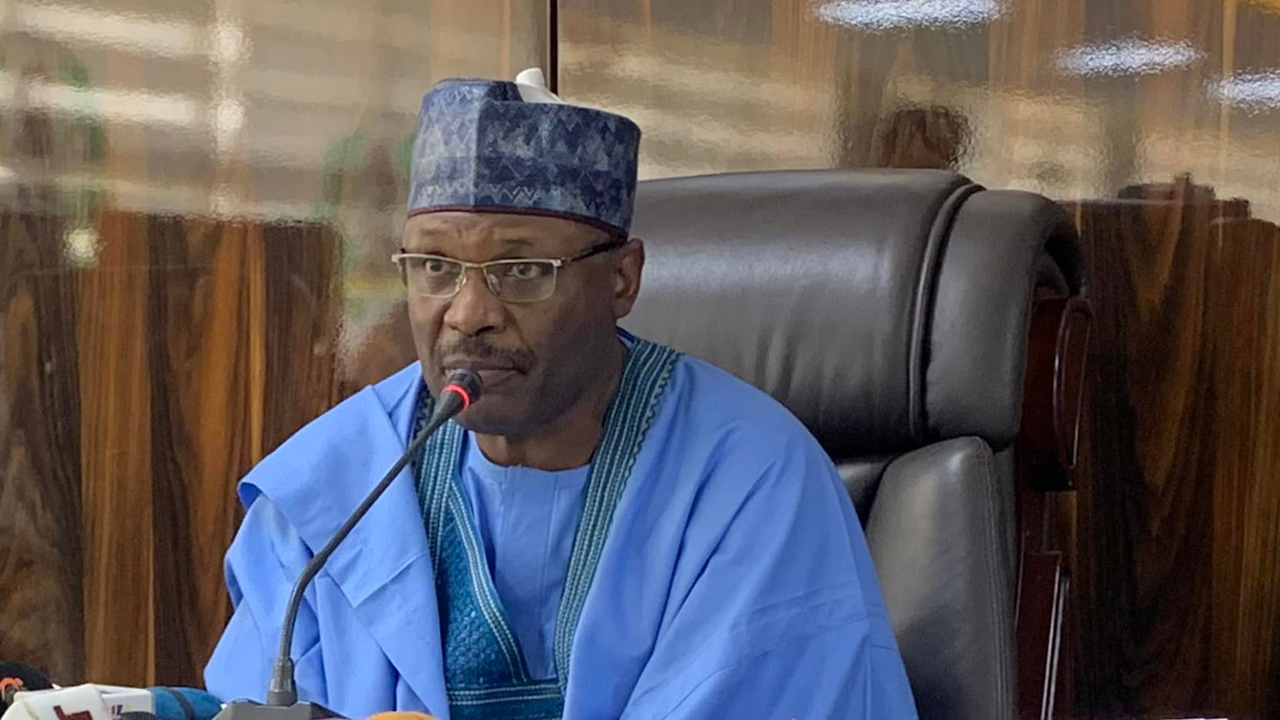POLITICS

2027 ELECTIONS: INEC, POLICE WARN PARTIES AGAINST EARLY CAMPAIGNS
As political activities ahead of the 2027 general elections intensify, the Independent National Electoral Commission (INEC) and the Nigeria Police Force have cautioned political parties against engaging in premature campaigns in violation of the electoral law.
INEC Chairman, Prof. Mahmood Yakubu, expressed concern that some parties had already begun subtle campaigns despite legal provisions restricting such activities to 150 days before elections.
At a roundtable in Abuja, Yakubu described the trend as a “disturbing violation” of electoral laws, stressing that early campaigns undermine campaign finance monitoring and weaken democratic governance. He urged the National Assembly to amend the Electoral Act to empower INEC to sanction offenders.
Citing Section 94(1) of the Electoral Act 2022, which prohibits campaigns earlier than 150 days before polls, Yakubu lamented that politicians and their supporters “seem perpetually in election mode” even before INEC releases an official timetable. He warned that premature rallies, billboards, and media campaigns compromise transparency and accountability.
Former INEC Chairman, Prof. Attahiru Jega, also called for stiffer sanctions against violators, including holding political parties accountable for the actions of third-party campaigners. He urged anti-corruption agencies to scrutinize the funding behind early campaign groups, stressing the need for reforms such as the creation of an Election Offences Commission and Tribunal.
Inspector-General of Police, Kayode Egbetokun, who also spoke at the forum, pledged that the police would enforce electoral laws, while questioning whether current regulations remain adequate in a rapidly evolving media environment. He emphasized that the police would continue to uphold laws passed by the legislature and ensure order during campaigns.
The Presidency, on its part, reiterated its opposition to premature campaigning, stressing that neither President Bola Tinubu nor Vice President Kashim Shettima had authorized any 2027 campaign activity. A statement from the Presidency in April had already disowned billboards promoting the president and vice president, describing them as unlawful.
Meanwhile, political parties remain divided on the matter. The Peoples Democratic Party (PDP) and the African Democratic Congress (ADC) accused the ruling All Progressives Congress (APC) of being the major culprit, insisting on sanctions. The New Nigeria Peoples Party (NNPP) urged caution, noting the thin line between party promotion and electioneering.
The APC, however, denied involvement in premature campaigns, insisting that it upholds the law. Its officials dismissed opposition accusations as baseless, stressing that the party supports INEC’s move to enforce regulations.
The Labour Party gave mixed reactions: while its legal adviser supported INEC’s right to punish violators, its former presidential candidate’s camp questioned the commission’s capacity to enforce compliance, alleging that INEC itself struggles with impartiality.
With less than two years to the next general election, the debate has reignited concerns about governance being overshadowed by electioneering. Analysts warn that premature campaigns risk fueling political tension, widening divisions, and distracting leaders from addressing urgent national challenges.
"This represents a significant development in our ongoing coverage of current events."— Editorial Board









